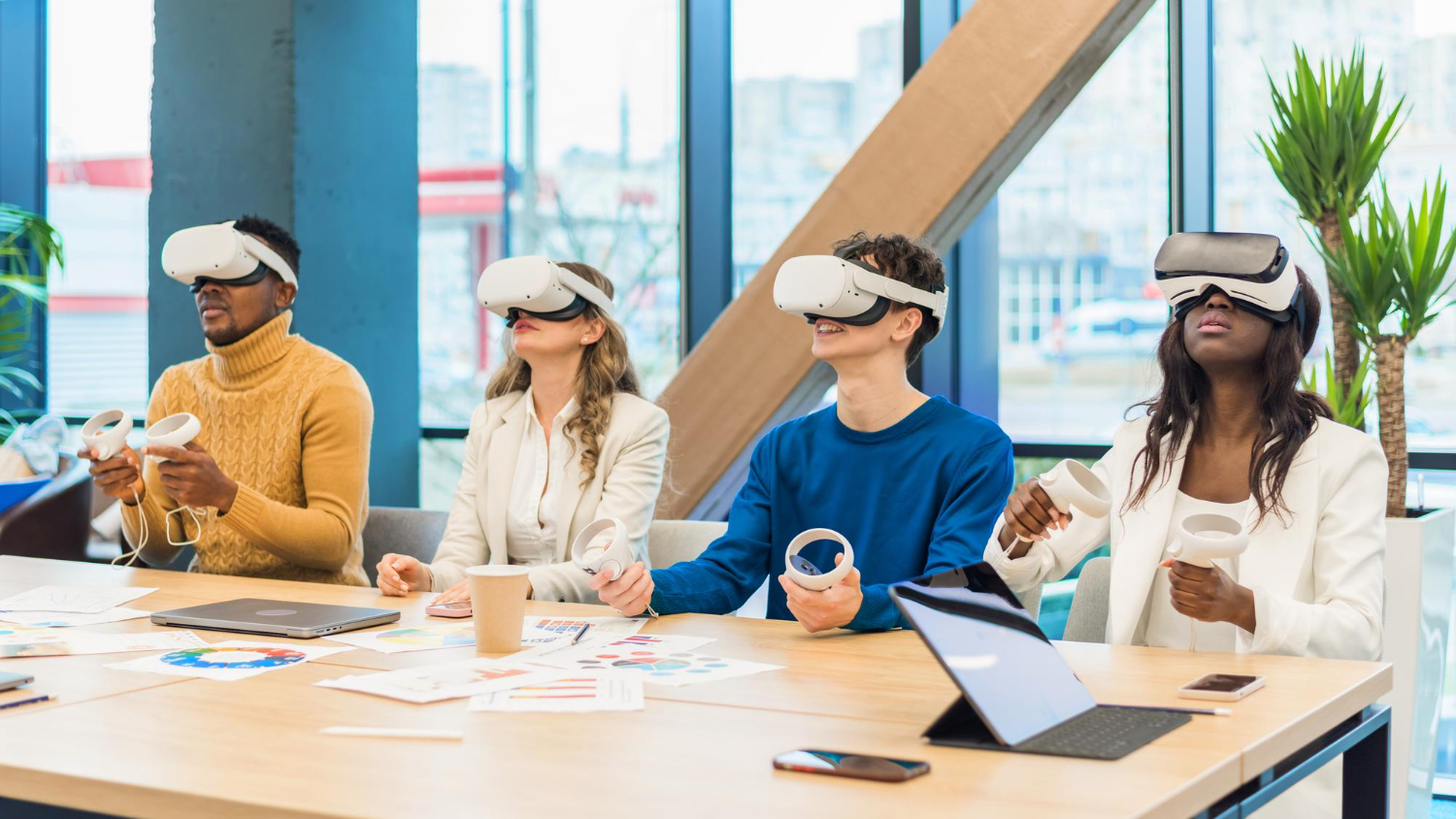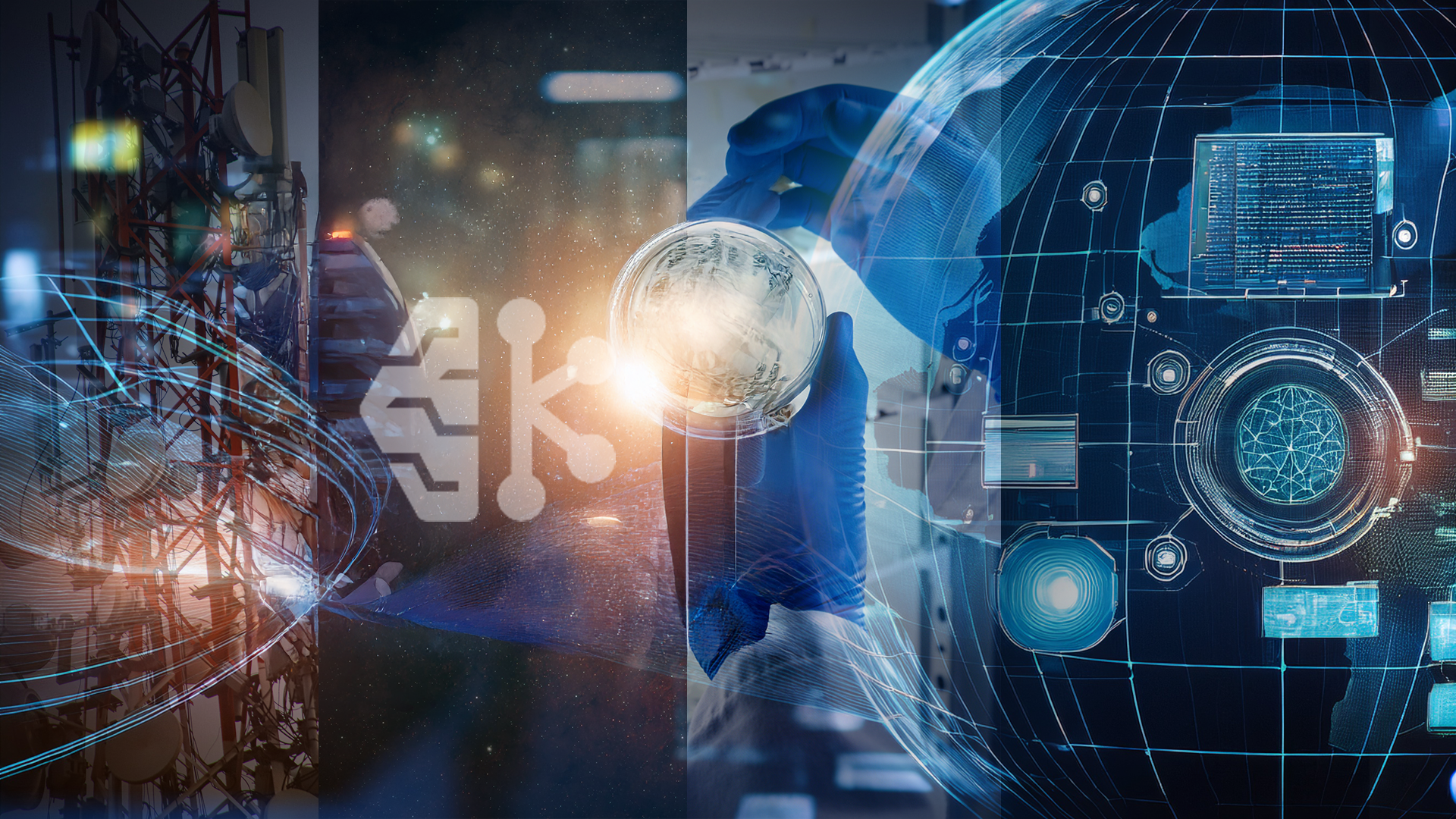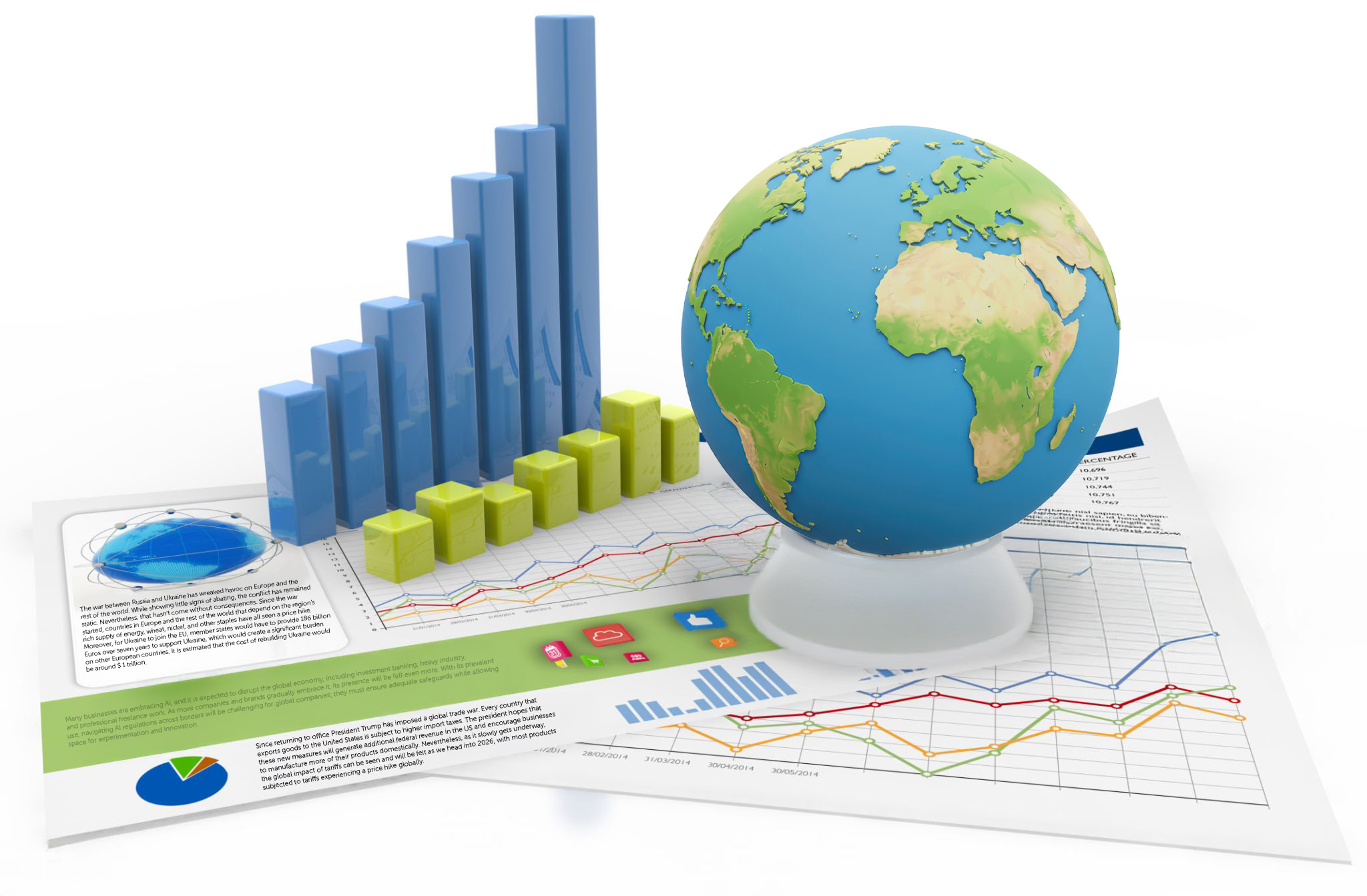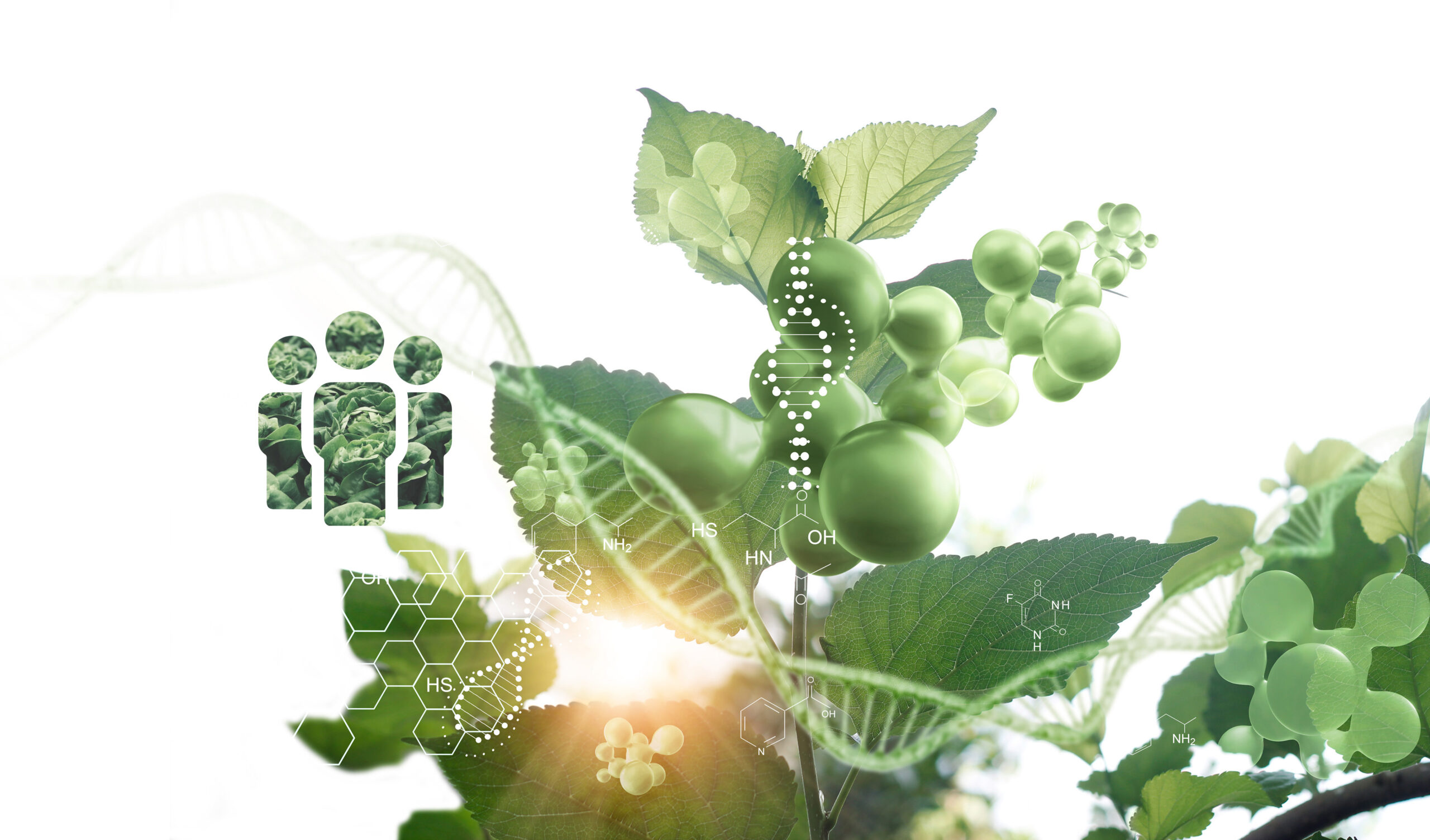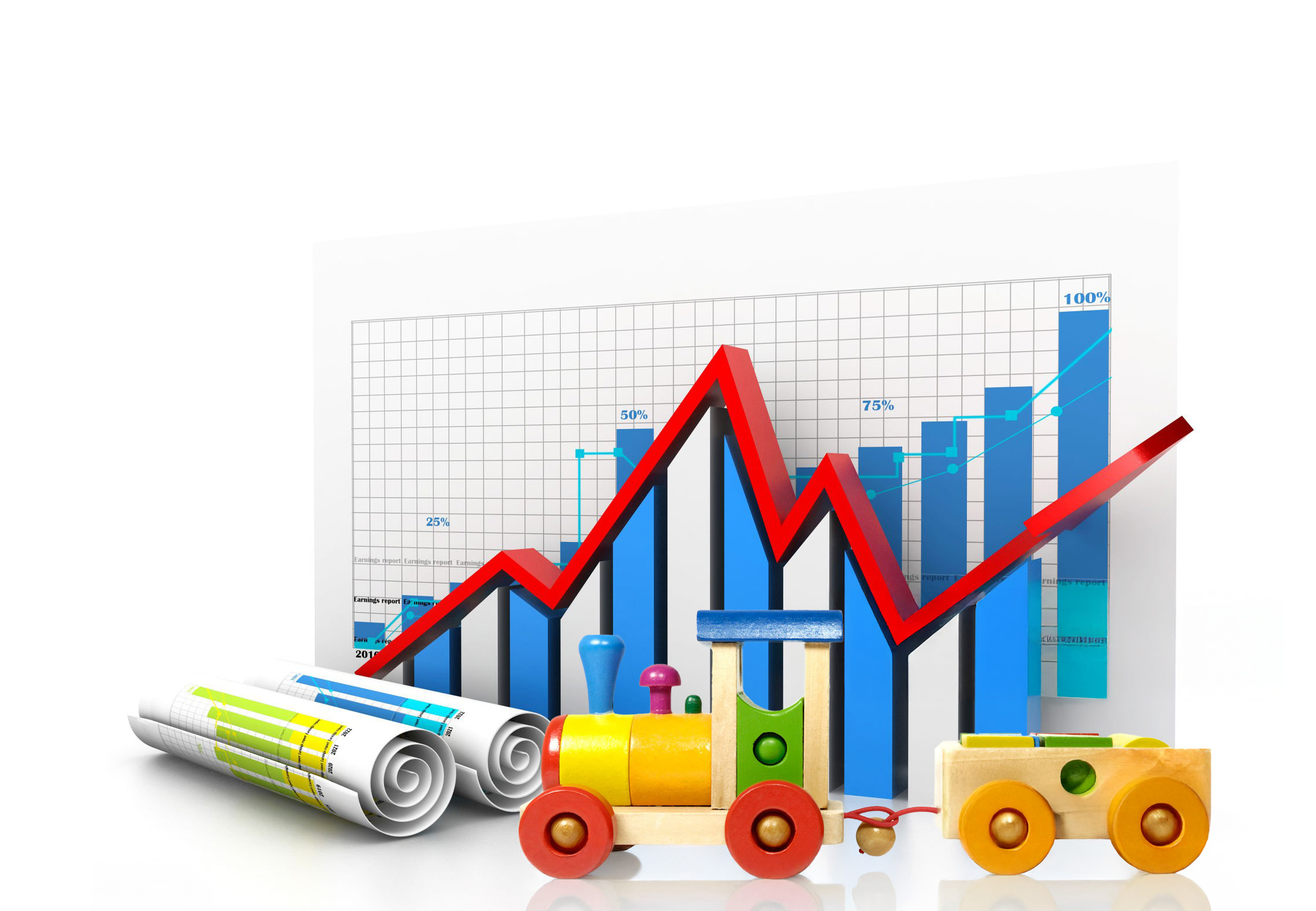As we navigate 2026, technological advancement continues to accelerate, ushering in a new era of groundbreaking developments that reshape industries, economies, and daily life. This year’s innovation trends highlight the transformative shifts expected to define the global landscape.
Artificial Intelligence and Machine Learning
Artificial Intelligence (AI) and Machine Learning (ML) are set to evolve further, embedding themselves more seamlessly into everyday interactions and business operations. AI-powered tools will enhance productivity across sectors, refining automation, streamlining processes, and delivering hyper-personalized experiences. In healthcare, AI-driven diagnostics and drug discovery will continue revolutionizing patient care, while predictive analytics will redefine decision-making in finance.
Quantum Computing Gains Momentum
Quantum computing is poised for significant strides, advancing previously theoretical capabilities. This year, breakthroughs in quantum hardware and error correction algorithms will push these systems closer to mainstream applicability. Industries such as cryptography, pharmaceuticals, and materials science stand to benefit, as quantum systems enable complex problem-solving at speeds unimaginable with classical computers.
The Rise of Sustainable Innovation
Sustainability remains a critical focus, with green technology seeing rapid adoption. Innovations in renewable energy, including next-generation solar panels and advanced wind turbine efficiency, will contribute to cleaner power solutions. The electric vehicle (EV) sector will witness an influx of more affordable models while advancements in battery technology will extend their range and efficiency. Sustainable agriculture, intelligent waste management, and eco-friendly manufacturing processes will further drive the shift toward a greener future.
Breakthroughs in Biotechnology and Genomics
Biotechnology is entering a transformative phase, with gene-editing techniques like CRISPR making strides in combating hereditary diseases. Personalized medicine, powered by genomic data, will enhance targeted treatments, minimizing side effects and improving patient outcomes. Meanwhile, bioengineering will contribute to synthetic biology solutions, leading to sustainable alternatives in pharmaceuticals, food production, and material sciences.
The Expansion of IoT and 5G Connectivity
The Internet of Things (IoT) will scale new heights with the widespread implementation of 5G networks. Faster connectivity will enable more innovative urban infrastructure, more efficient supply chains, and enhanced automation in industrial settings. Connected healthcare devices will provide real-time monitoring, while precision agriculture will optimize resource usage, boosting productivity in farming.
AR and VR Evolution
Augmented Reality (AR) and Virtual Reality (VR) technologies will see broader applications beyond gaming and entertainment. In education, immersive learning environments will reshape how students engage with content, while businesses will adopt AR-powered training tools for workforce development. Telemedicine will incorporate virtual consultations with lifelike simulations, enhancing remote healthcare experiences.
Strengthening Cybersecurity and Data Protection
With increasing reliance on digital platforms, cybersecurity is more critical than ever. In 2026, AI-driven security measures will enhance real-time threat detection, while blockchain will be pivotal in securing transactions and personal data. Governments and businesses will adopt zero-trust frameworks to mitigate risks, ensuring stringent data protection standards.
The Impact of Edge Computing and Decentralization
As data generation surges, edge computing is becoming essential for real-time processing. Decentralized technologies such as blockchain will support secure, transparent transactions across industries, from finance to supply chain management. By reducing dependency on centralized servers, these innovations will enhance efficiency and data security, paving the way for more resilient digital ecosystems.
The Evolution of the Metaverse
The metaverse concept continues developing, merging digital and physical interactions more immersively. Businesses invest in virtual spaces for collaboration, e-commerce, and social experiences. While the metaverse offers opportunities for innovation in work, play, and learning, ethical concerns around digital identity, privacy, and security will need careful navigation.
Embracing the Future of Innovation
The innovations shaping 2026 highlight an era of rapid technological advancement and significant transformation. The potential for growth is boundless, from AI-driven breakthroughs to quantum progress, sustainability initiatives, and immersive digital experiences. Organizations, policymakers, and individuals must proactively adapt to these shifts, leveraging their benefits while addressing challenges such as data security, ethical considerations, and workforce adaptation.
As we step into this new frontier, the journey of innovation promises a future filled with unprecedented possibilities, redefining how we live, work, and interact with the world.
Jennifer M Williams | Editor-in-Chief

